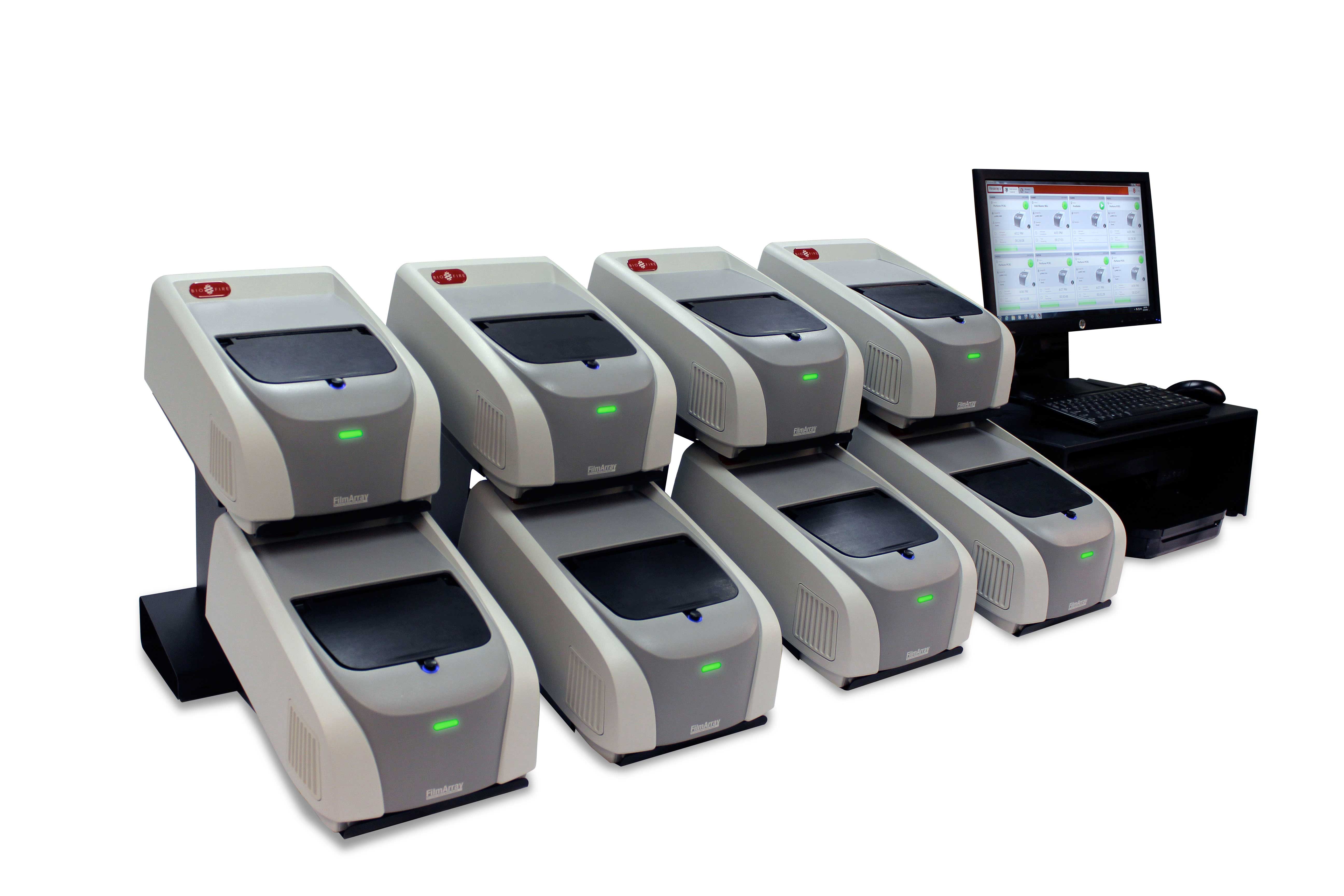Great things often ignite in unlikely places. In 1990, three friends gathered in the corner of a potato equipment facility to begin creating cutting-edge scientific instruments. Inventors Kirk Ririe, Carl Wittwer, and Randy Rasmussen began developing and perfecting novel instruments for rapid DNA analysis.
, 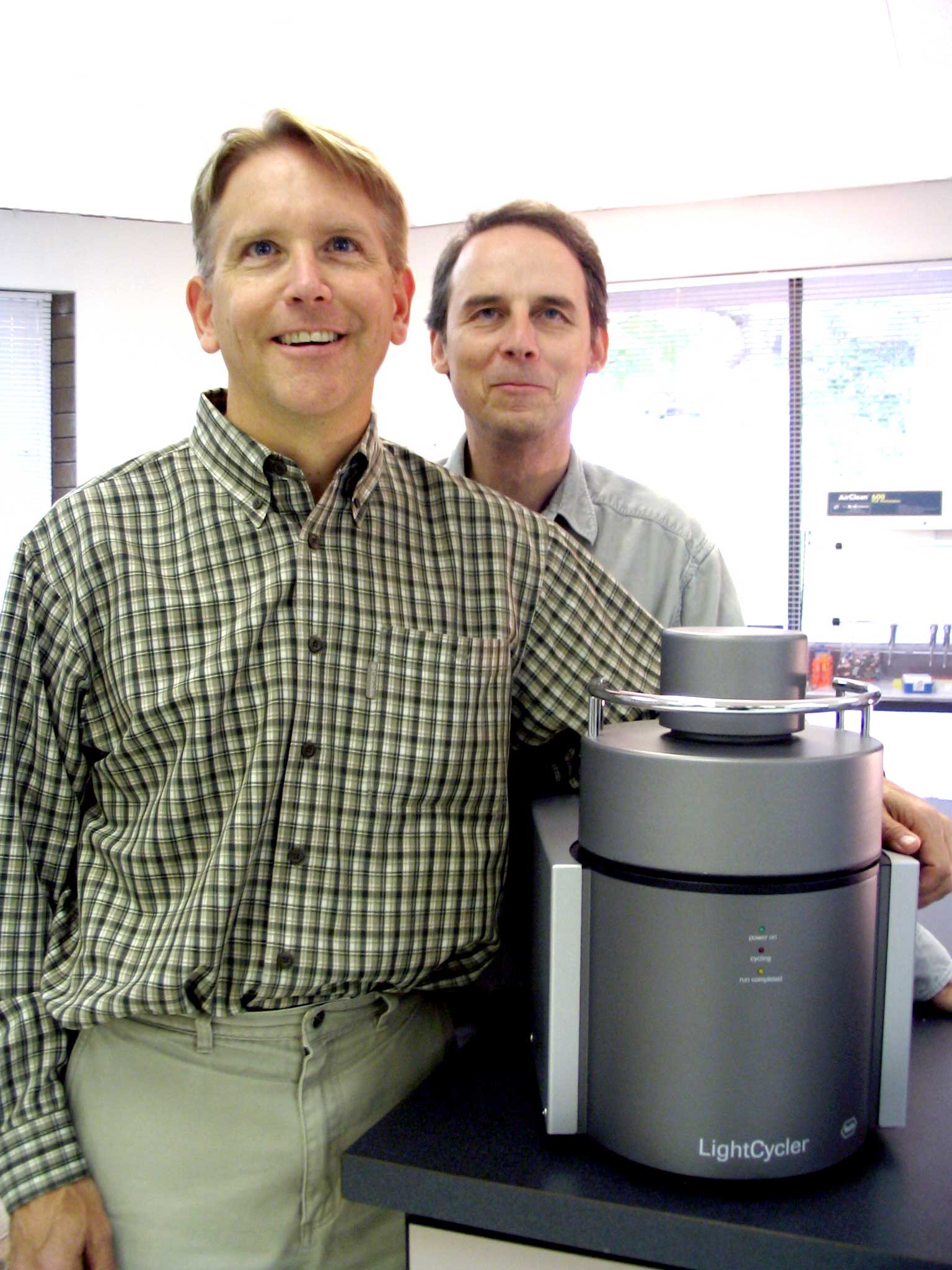
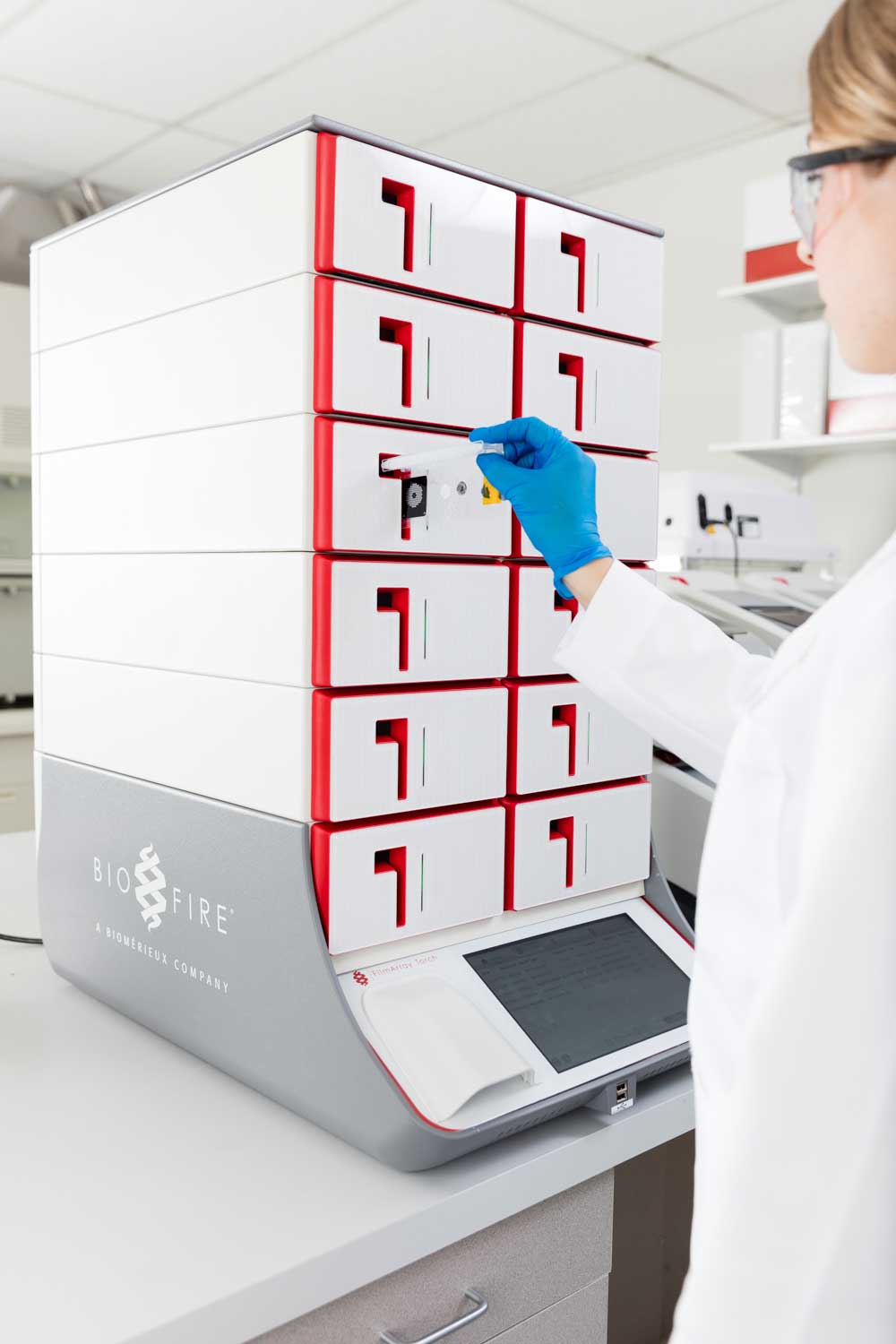
OUR STORY
In 1999, the fledgling company made a big leap from the farm to The University of Utah Research Park, where they could work closely with university researchers to push the frontiers of their technology. While the firm’s inventors found success with their early instruments, they wanted to offer an all-in-one device that combined instrumentation, chemistry, and software—all working together to provide a fast and easy result. They were striving for a simple and elegant solution to a complex problem.
The problem? Infectious disease diagnostics. How can healthcare providers quickly and easily determine which pathogen of two or three dozen possible culprits is causing an infectious disease?
Traditional infectious disease diagnostics test only for one “bad bug” at a time. If a patient has flu-like symptoms, for instance, they may be tested for influenza. But if they don’t have the flu, they’ll most likely be sent home without an answer. As a result, most infections go undiagnosed, leading to additional testing, patient dissatisfaction, and, potentially, compromised patient care, where treatment is based on guesses, not answers.
BioFire’s syndromic approach to infectious disease diagnostics changes all of that. The BioFire® FilmArray® System combines a broad grouping of probable pathogenic causes into a single, rapid test that maximizes the chances of finding out what’s making a patient sick. These fast diagnostic results enable physicians to provide appropriate treatment quickly and cut back on the number of unnecessary antibiotic prescriptions.
,
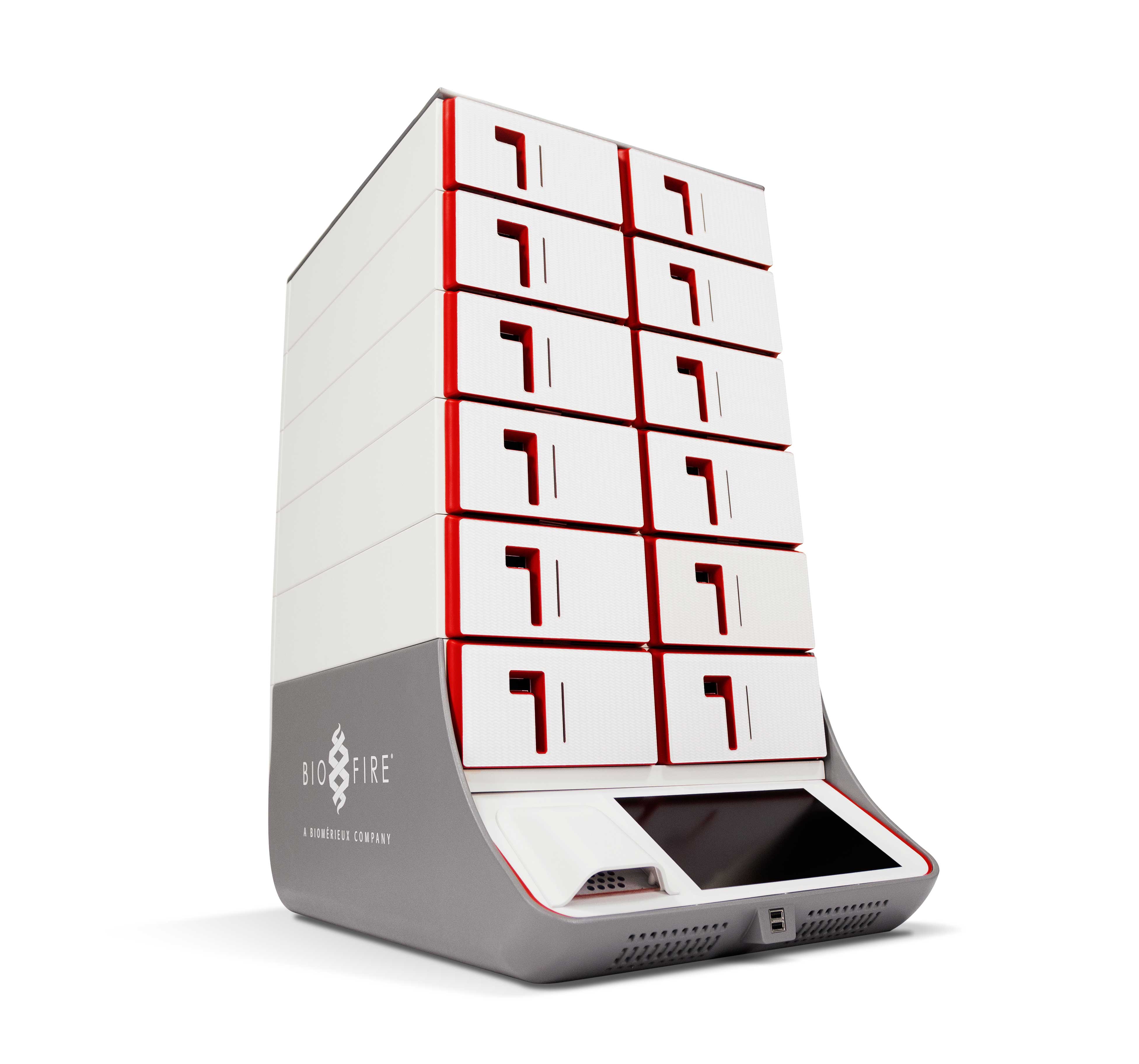
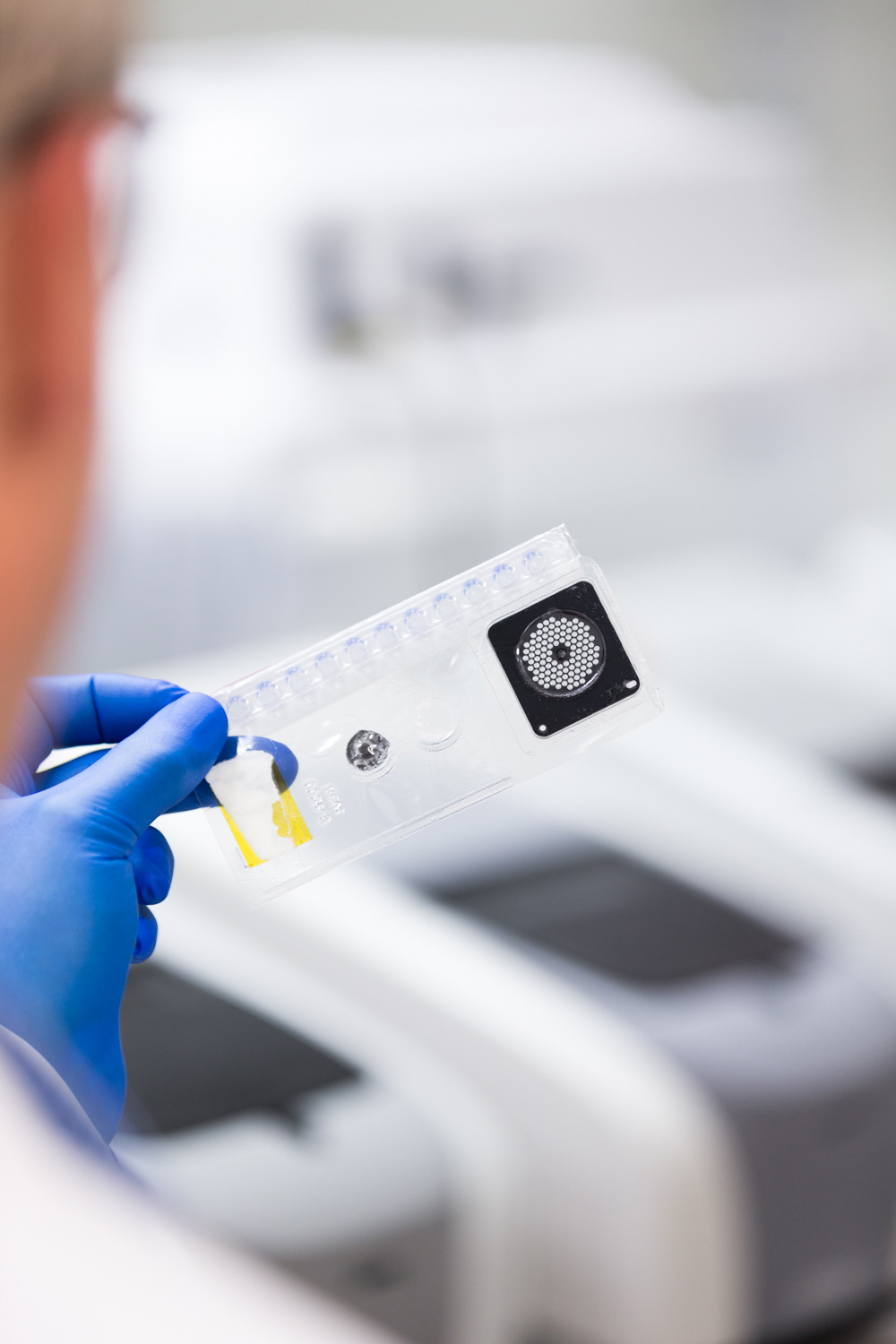
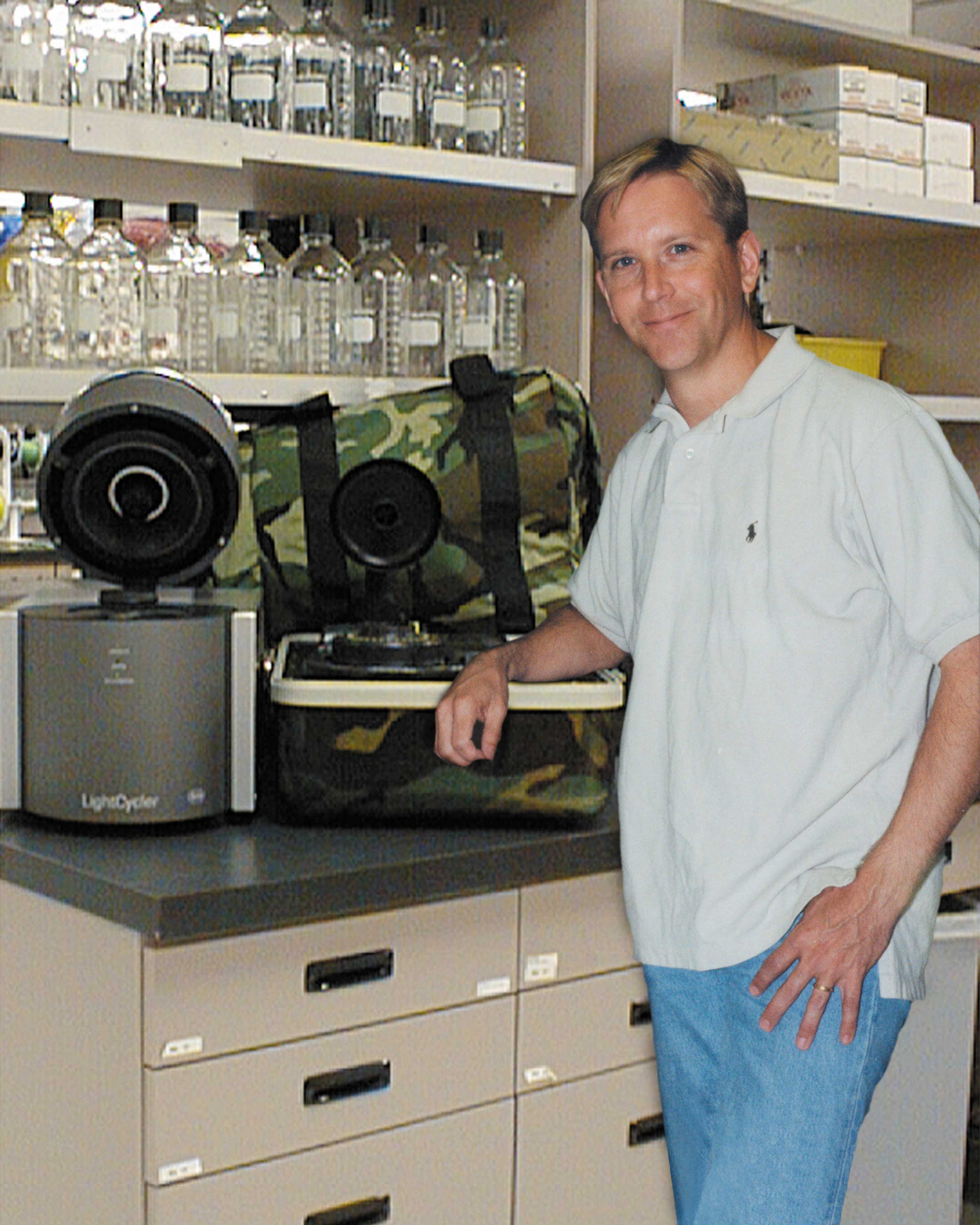
BioFire currently offers FDA-cleared diagnostic panels that tackle five infectious disease syndromes: respiratory infections, bloodstream infections, gastrointestinal infections, meningitis/encephalitis, and pneumonia. More trailblazing panels and instruments are on the horizon.
In 2014, BioFire was acquired by a global biotechnology firm bioMérieux. Founded in 1897 by Marcel Mérieux, who studied with microbiology pioneer Louis Pasteur, bioMérieux has a footprint in 150 countries. The acquisition expanded BioFire’s reach beyond the United States and gave bioMérieux a vital partner in the molecular diagnostics space.
Now operating in the new, state-of-the-art Alain Mérieux Center for Molecular Diagnostics within the University of Utah Research Park, BioFire has grown into a powerhouse with nearly 2,000 employees (and counting).
Today, our passion burns brighter than ever. BioFire remains committed to combating disease through superior thinking and product innovation. We’re always looking to the future and blazing new trails with new technologies, software, and devices. Our aim is to give physicians, hospitals, and laboratories the tools they need to help everyone, everywhere live healthier lives.
